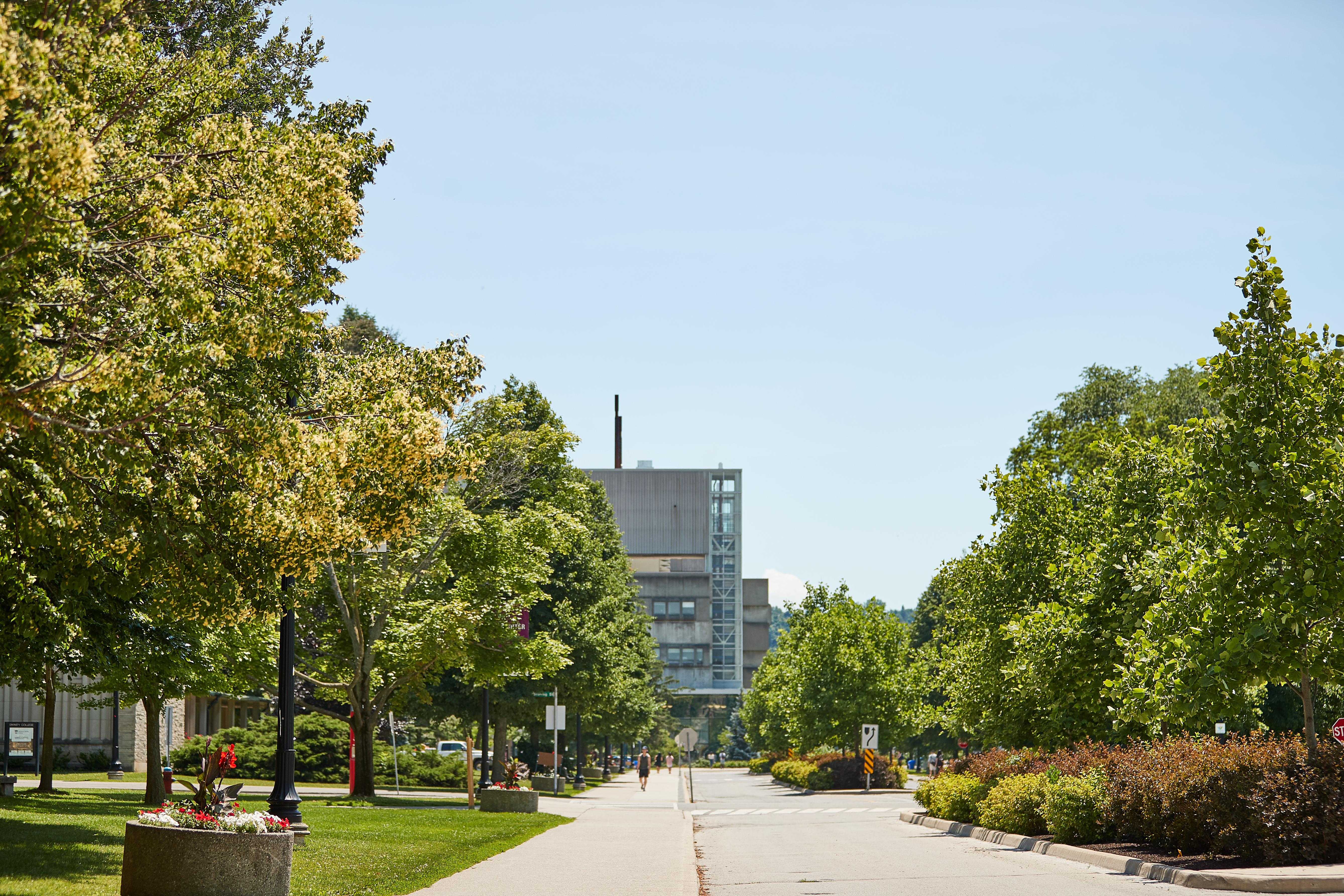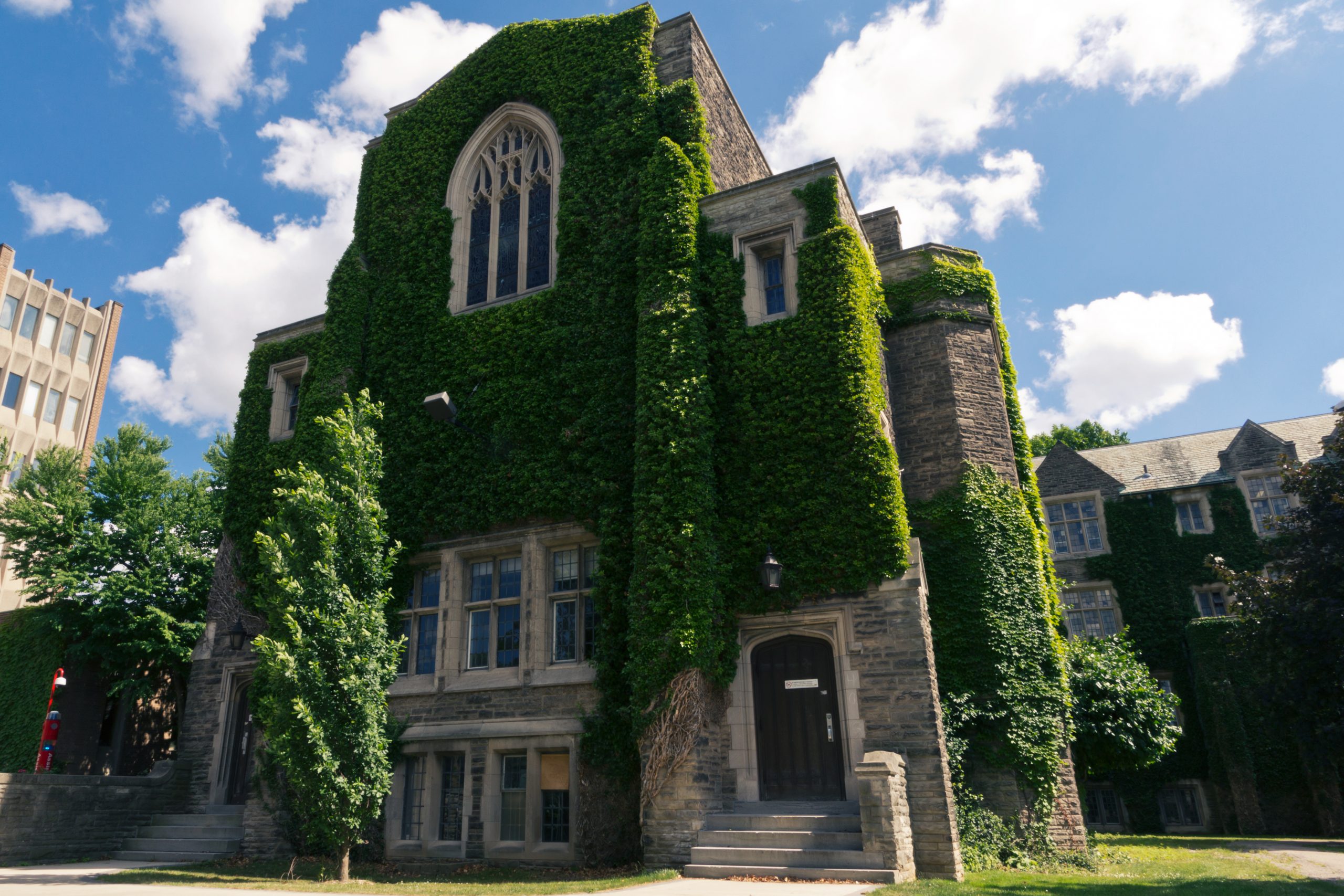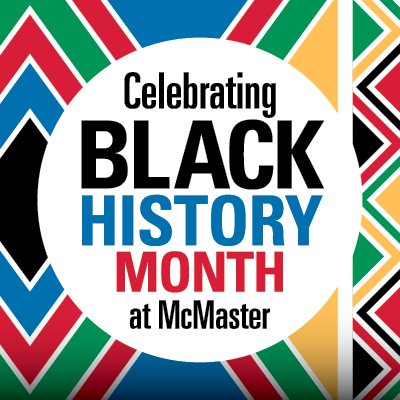Denouncing Anti-Black Racism and Supporting BIPOC Communities

This past week, the PACBIC Priorities & Planning Steering Committee members were seized with the news of and circumstances surrounding the death of George Floyd, and the subsequent widespread outcry against anti-Black violence. We add our voices to this outcry and stand in solidarity with everyone for whom anti-Black racism is a daily lived experience. We must speak out against the prevalence of anti-Black racism and violence that continues within our societies.
A hallmark of McMaster’s commitments to equity, diversity and inclusion (EDI) is the President’s Advisory Committee on Building an Inclusive Community (PACBIC), which is a long-standing committee tasked, among other things, with providing a forum for discussion, reflection and learning on important social issues related to equity, inclusion and community building. The Priorities and Planning Steering Committee (P&P) of the PACBIC meets frequently to respond to particular or emerging issues and explore how best to take these up and elevate to the attention of the President.
Among the PACBIC’s Subcommittees is the Race, Racism and Racialization (R3) Working Group, which has been convening monthly Let’s Talk About Race (LTAR) discussion and support group meetings for (BIPOC) Black, Indigenous, and Persons of Colour McMaster Community Members.
Planning has been underway to resume these meetings virtually, and to restart by providing a venue for a diversity of BIPOC students, staff and faculty to discuss various socio-cultural impacts of the COVID-19 pandemic. Information surfacing is painting a clear picture of disproportionately higher impacts of the pandemic and inequities within particular BIPOC communities, and the LTAR forum offers one venue for McMaster community members to share their pandemic-related experiences and perspectives.
This past week, the P&P Steering Committee members, and particularly the R3 leadership team, were seized with the news of and circumstances surrounding the death of George Floyd, and the subsequent widespread outcry against anti-Black violence. We add our voices to this outcry and stand in solidarity with everyone for whom anti-Black racism is a daily lived experience. We must speak out against the prevalence of anti-Black racism and violence that continues within our societies.
The PACBIC P&P membership recognizes the intense grief and outrage Black communities in the U.S.A. and Canada are experiencing in this moment. In response, we reinforce our commitment to address anti-Black racism wherever we can locally, nationally, and globally. We also urge ongoing reflection on how we, as McMaster community members, Canadians, and citizens of the world, are connected to and responsible for addressing such local, national, and global injustices. In addition to discussing pandemic-specific impacts, we hope the next LTAR meeting also serves as an opportunity to both grieve with and gain support from one another, as we continue to strategize to counteract campus and community racism across its many forms.
While the events unfolding in the U.S.A. are in many ways situated in a particular national context, it is important to note that we have much evidence of anti-Black racism in Canada, as well as tensions between police and BIPOC communities. In addition to a deep archive of experiential evidence, data collected in the last five years alone demonstrates that long-standing race-related inequities, and particularly anti-Black racism, are ongoing problems in Canadian society and our public institutions.
In 2019, the Canadian Race Relations Foundation, with the Environics Institute, published a report on race relations in Canada. Among Canada’s four largest racialized populations studied, Indigenous Peoples and Black people are the most likely to report experiences of racial discrimination, including racist microaggressions, and they are also the groups most widely understood by others to experience such treatment. While negative impacts of racism are most likely to be reported by Black people, Black Canadians stand out as being the most attuned to the experience of other racialized groups in the country, posited to be a consequence of ongoing experiences with anti-Black racism.
This is why it is crucial to centre Black voices as we consider how to move from collective grief to collective action. We have a vibrant, strong and resilient Black community at McMaster who have always been active in their support of one another, holding and uplifting the community now and into the future. It is crucial that we all stand with our Black peers and colleagues as part of our long-term commitment to mutual support and structural transformation.
In the meantime, we invite BIPOC community members to participate in the upcoming Let’s Talk About Race event on Thursday, June 18th from 11:30am–1:00pm (a poster will be circulated shortly).
Any McMaster community member in need of community support or interested in joining community efforts to address issues of equity, inclusion and anti-racism may contact the PACBIC co-chairs by emailing pacbic@mcmaster.ca
The Equity and Inclusion Office (EIO) is also available to any member of the McMaster community who requires support or advice in relation to experiences of harassment and discrimination. Please email equity@mcmaster.ca if you have any inquiries and to request a virtual meeting with a member of the EIO support and advising team.
PACBIC Co-Chairs and P&P Co-Conveners on behalf of the P&P Steering Committee Membership
Dr. Arig al Shaibah, Ph.D. , Associate Vice-President, Equity and Inclusion
Dr. Eugenia Zuroski, Ph.D., Associate Professor, English
Related News
News Listing

McMaster Equity and Inclusion Office ➚
Back to Mac Principles and Practices for an Inclusive Community
Community
September 3, 2021


